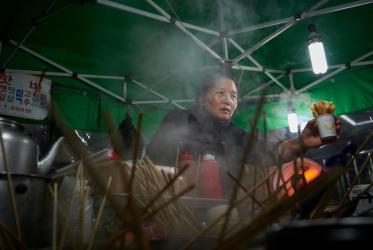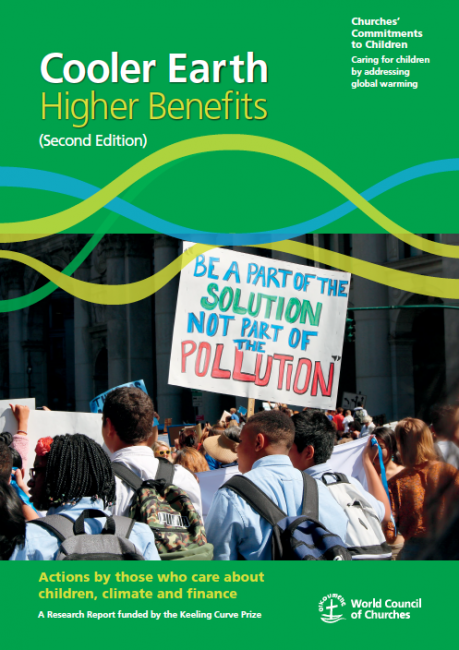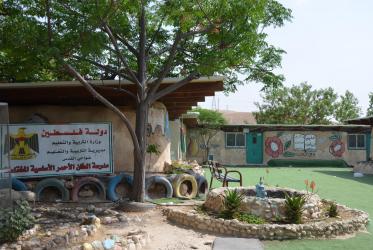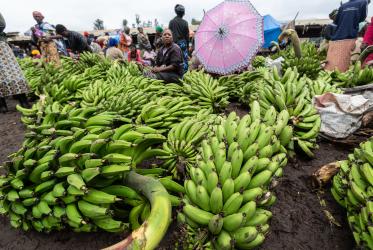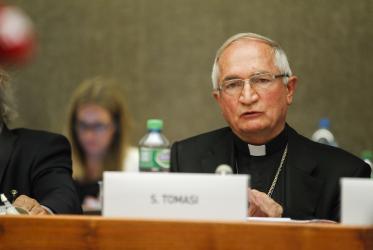Displaying 141 - 160 of 643
23 September 2021
Cooler Earth – Higher Benefits Second Edition
Actions by those who care about children, climate and finance
02 July 2021
Youth amplify #NoDAPL movement in Standing Rock
22 April 2021
Bedouins of Pope’s Hill fight eviction
30 March 2021
Jericho - Walking in the Footsteps of Jesus
30 March 2021
With pointed urgency, faiths rise for climate justice
17 March 2021

